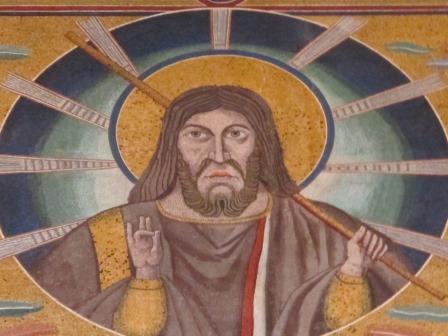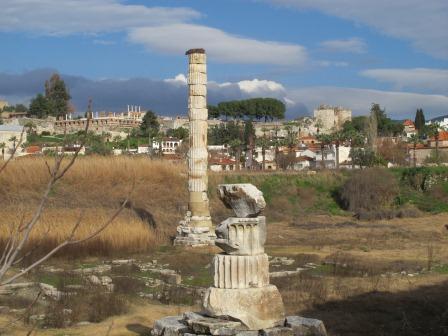Hiking in the mountains is one of my favorite things to do. I love the fresh air, the great views, and the challenges of the hikes. I’m not enough of a thrill-seeker to want to hike Mount Everest though, and besides, I wouldn’t have the free time for it. When people hike to the top of very tall mountains, they can’t just show up one day and hike to the top the next. Their bodies need multiple weeks to adjust to the high altitude first. If they were dropped at the base camp and immediately started hiking, their bodies wouldn’t be able to cope and they would break down and put their lives at risk. A majestic mountain range is an amazing environment, but only for those who are prepared to enjoy it.
The kingdom of God is good news (gospel) for our world, but we shouldn’t assume that we can enjoy God’s kingdom in our default human condition. There was a religious teacher named Nicodemus who made that assumption, but Jesus quickly set him straight. In John 3:3-8, Jesus identifies what is necessary for entering the kingdom of God. And in John 3:14-17, Jesus promises that he himself would make it possible for Nicodemus and others to enter the kingdom of God.
The exchange between Jesus and Nicodemus picks up steam quickly. Not one for small talk, Jesus immediately challenges Nicodemus with truth about the kingdom of God. Jesus states that no one can see (verse 3) or enter (verse 5) the kingdom of God without being born again by God’s Spirit. Kings judge their enemies, and apart from a new birth Nicodemus was an enemy of God. All humans have sinned and rebelled against God and his kingly reign. Apart from a dramatic transformation, we would be judged by God as enemies of his kingdom. But we can enter God’s kingdom if we experience a new birth by God’s Spirit and receive forgiveness for our sins. The Holy Spirit, who is the giver of life throughout the Scriptures, creates this new birth and new life within us.
It is significant that Jesus chides Nicodemus for not understanding these truths (John 3:10). Jesus expected Nicodemus to know about the need for a spiritual rebirth already. Jesus was not claiming to be an innovator in this teaching. He probably had in mind the Old Testament passages that spoke about the need for circumcised hearts (Deuteronomy 30:6), hearts that were forgiven and genuinely responsive to God’s commands (Jeremiah 31:31-34), and hearts that were cleansed and enlivened by the Spirit (Ezekiel 36:24-28). Nicodemus and his contemporaries thought that they could enter God’s kingdom in their current condition, without any dramatic change of heart. But Jesus knew the evidence from the Old Testament that suggested otherwise.
Jesus tells Nicodemus that this new birth and forgiveness will be made possible by his sacrificial work on the cross. As usual, Jesus uses the royal designation “Son of Man” to refer to himself, in verse 14. But in a shocking statement, Jesus hints that this royal Son of Man will be lifted up (on a cross) as a sacrifice for the people of the world, all of whom are enemies of God’s kingdom. Through Jesus’ sacrifice, however, those who believe in him will not be judged as enemies but given eternal life in the kingdom of God.
Mountaineers cannot enjoy or even survive a climb to Everest unless their bodies are ready for the hike. People cannot enjoy or even survive the coming of God’s kingdom apart from the new birth we experience when we trust in the Son of Man and receive his sacrifice for our sins. When we read this passage we encounter the stunning reality that we can experience eternal life in the kingdom of God because the King has died for our sins.






